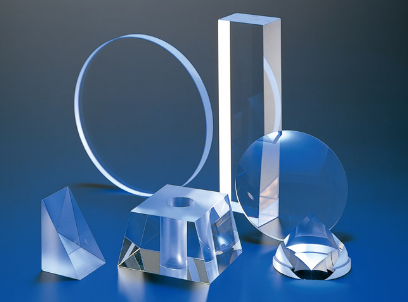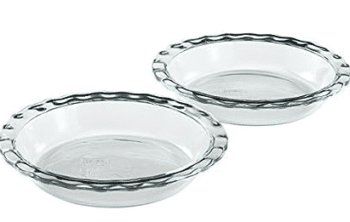Silica glass, also known as fused silica or quartz glass, is a type of glass composed primarily of silicon dioxide (SiO2) molecules. Unlike most other types of glass that are based on a combination of various oxides, silica glass is almost pure silicon dioxide, making it one of the purest forms of glass available. This high purity gives it unique properties that make it suitable for a wide range of specialized applications.

The key features and characteristics of silica glass include:
- Composition: Silica glass is composed almost entirely of silicon dioxide molecules. These molecules are arranged in a three-dimensional network structure, giving the glass its amorphous (non-crystalline) nature.
- High melting point: Silica glass has an extremely high melting point, around 1713 degrees Celsius (3115 degrees Fahrenheit). This high melting point is due to the strong covalent bonds between silicon and oxygen atoms in the glass structure.
- Transparency: Silica glass is highly transparent to visible light, allowing light to pass through with minimal absorption or scattering. This property makes it suitable for optical applications, such as lenses, prisms, and fiber optics.
- Low thermal expansion: Silica glass has a very low coefficient of thermal expansion, which means it does not expand or contract significantly with changes in temperature. This property makes it resistant to thermal shock and gives it stability in extreme temperature environments.
- High chemical resistance: Silica glass is highly resistant to chemical corrosion, particularly from acids and alkalis. This property makes it suitable for use in chemical processing, laboratory equipment, and other applications where exposure to corrosive substances is a concern.
- Electrical insulator: Silica glass is an excellent electrical insulator, meaning it does not conduct electricity. This property makes it suitable for electrical and electronic components, where insulation is essential.
- Ultraviolet (UV) transparency: Silica glass is transparent to ultraviolet radiation, making it valuable for applications in UV spectroscopy, UV lighting, and as protective windows for UV-sensitive equipment.
- Low thermal conductivity: Silica glass has relatively low thermal conductivity, making it useful for applications where thermal insulation is required.
Due to its exceptional properties, silica glass finds application in a wide range of industries, including optics and photonics, semiconductor manufacturing, telecommunications, aerospace, chemical processing, and high-temperature engineering. Its purity and unique combination of features make it an indispensable material for specialized applications where other types of glass or materials may not be suitable.


